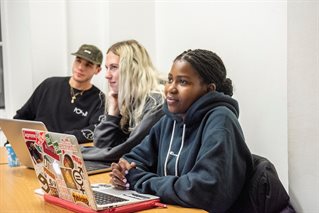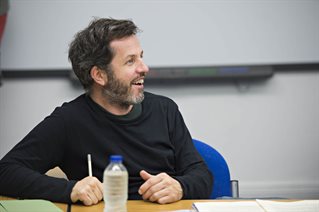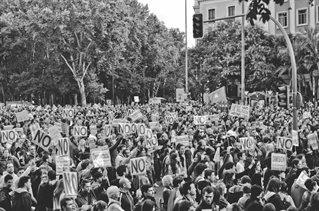
Small group teaching
You will develop your critical skills through lively seminars where you can present arguments and voice your intellectual concerns. We teach in small groups to help you become an accomplished presenter, debater and listener. Seminars are student-led, so you will develop the skills necessary to manage discussions.

A friendly, engaged community
Explore radical ideas in a creative, analytical and supportive community of fellow students who change you to think in new ways. Learn from a talented team of lecturers with expertise in subjects including the slave trade, the housing crisis, the ethics of violence and human rights.

Opportunity to grow
The student-run Humanities Society hosts speakers from high-profile organisations such as Amnesty International. You will also be able to publish your work in student publications where you can share your ideas with students and staff across the university.